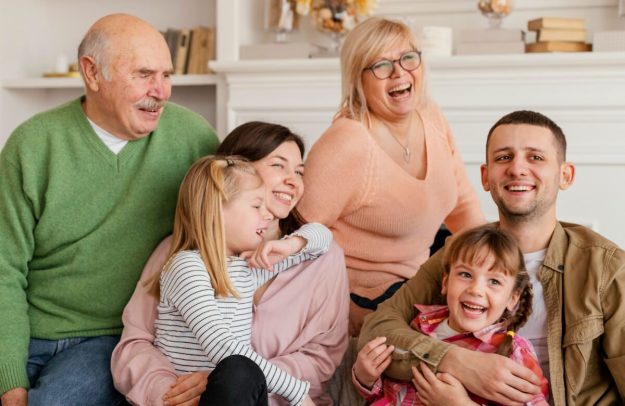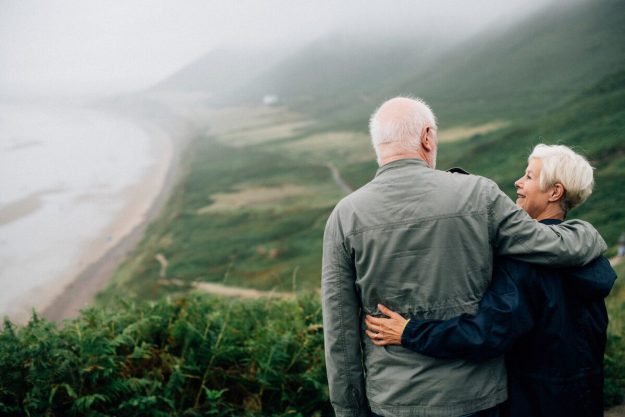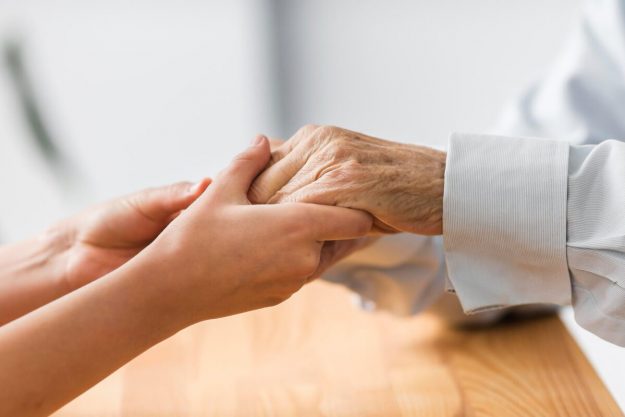Rod Genders is a senior Australian lawyer specialising in Wills and Estate Planning, Probate and Estate Administration, Trusts and Guardianship and Inheritance Claims and Contested Estates in South Australia. His boutique specialist law firm, which was founded on 1848, is one of the oldest and most respected in Australia. Rod is an international author and speaker. Rod is the 3rd generation of Genders in the law and has been practising specialised law since the mid 80’s. He has acted as counsel or consultant to in excess of 50 other firms around Australia. Rod holds the SA state record for the highest ever personal injury award of damages, and has been involved in several of the largest personal injury claims in Australian legal history. For over 10 years he served on the Council of the Law Society of South Australia and is a senior member of its Succession Law Committee. Rod was a founding committee member of the South Australian branch of the London-based Society of Trusts and Estate Practitioners (STEP) for 8 years and was the founding Chair of the international STEP Digital Assets Special Interest Group. For over 25 years Rod has chaired a private committee enquiring into the affairs of protected persons. He is a member of the Law Council of Australia, and a member of its Succession and Elder Law Committee.
In the world of BOMAD (the Bank of Mum and Dad), there will often come a question that should fill parents (and grandparents) with dread: Will you go guarantor for my loan?
A guarantor home loan is when someone, usually a close relative like a parent, offers up part of their home equity as security to top up the buyer’s cash deposit.
It means the buyer only needs a small deposit or sometimes none at all, and avoids paying costly lender’s mortgage insurance (LMI).
As property prices enjoy a post-pandemic resurgence, an increasing number of first home buyers are being priced out of the market.
While a boon for homeowners, it’s a different story for those trying to get a foot onto the property ladder.
According to recent analysis, the Bank of Mum and Dad is now ranked as Australia’s ninth largest mortgage lender, lending adult children an average of $89,000 … lending that’s increased approximately 20% over the past 12-months.
It won’t have escaped your notice that there is increasing pressure in the first-home buyer space.
The youngsters cannot save enough – quickly enough – to keep ahead of the spiralling house prices.
They are under pressure.
And they sometimes pass that pressure onto their parents and grandparents, asking them to help them with the deposit.
A super fund is, at its most basic, simply a ‘trust’.
The ‘trustee’ of the super fund holds the ‘member’s balance’ on trust for the ‘member’.
What most people don’t realise is that because the super fund is a trust, it’s governed by the rules of equity that set out how trusts must be run.
Let’s say you have a SMSF (Self Managed Super Fund) and you receive a super pension during your lifetime, and on your death you want your pension to be paid to your surviving spouse.
If you are in a retail super fund, then your choices as to whom and how your super is paid after you die may be limited.
You will generally be able to specify ‘who’ gets your super, and in what ‘proportions’.
You generally will not be able to specify specific amounts, nor specify even basic “what if” scenarios, such as “If Jonny is under 25 he is to get 75% of my super, otherwise my super is to be split equally among my children”.
In addition to providing for retirement, funds properly accumulated in a regulated superannuation fund have risk management benefits if financial adversity occurs and the person needs the protection of bankruptcy.
A common stress for older people who need to become bankrupt is that they will not have time to recover from the financial adversity they have experienced.
The good news is that funds held in a regulated superannuation fund are protected and are not available to the bankruptcy estate.
Did you know that your ex may be able to claim half your superannuation, even if you aren’t married?
Although moving in with your significant other can be exciting, under certain circumstances, this could spell disaster for your superannuation.
Moving in together is an exciting time for people in relationships. Likely the last thing on your mind is what might happen in the event of a break-up.
A superannuation death benefit is a payment made by a super fund to a dependent beneficiary or to the trustee of a deceased estate after the member has died.
The trustee of the super fund should make this payment as soon as possible after the member’s death.
The form of the benefit payment, and who it is paid to, will depend on the governing rules of your fund and the relevant requirements of the Superannuation Industry (Supervision) Regulations 1994 (SISR).
Your super isn’t automatically included in your Will, unless you’ve given certain instructions to your super fund first.
Deciding who gets your super when you die isn’t as simple as having a Will.
That’s because Wills typically only cover assets you own personally, such as houses, cars, investments, jewellery and other personal items, whereas super is held in a trust for you by the trustee of your superfund.
If you die before all your super is withdrawn, your super fund typically pays a death benefit to your dependents, other nominated beneficiaries or your estate.
Death benefits include the balance of your super account plus an insurance benefit if you have been paying life insurance premiums from within your fund.
You need to nominate who you want to receive your death benefits when you die.



















